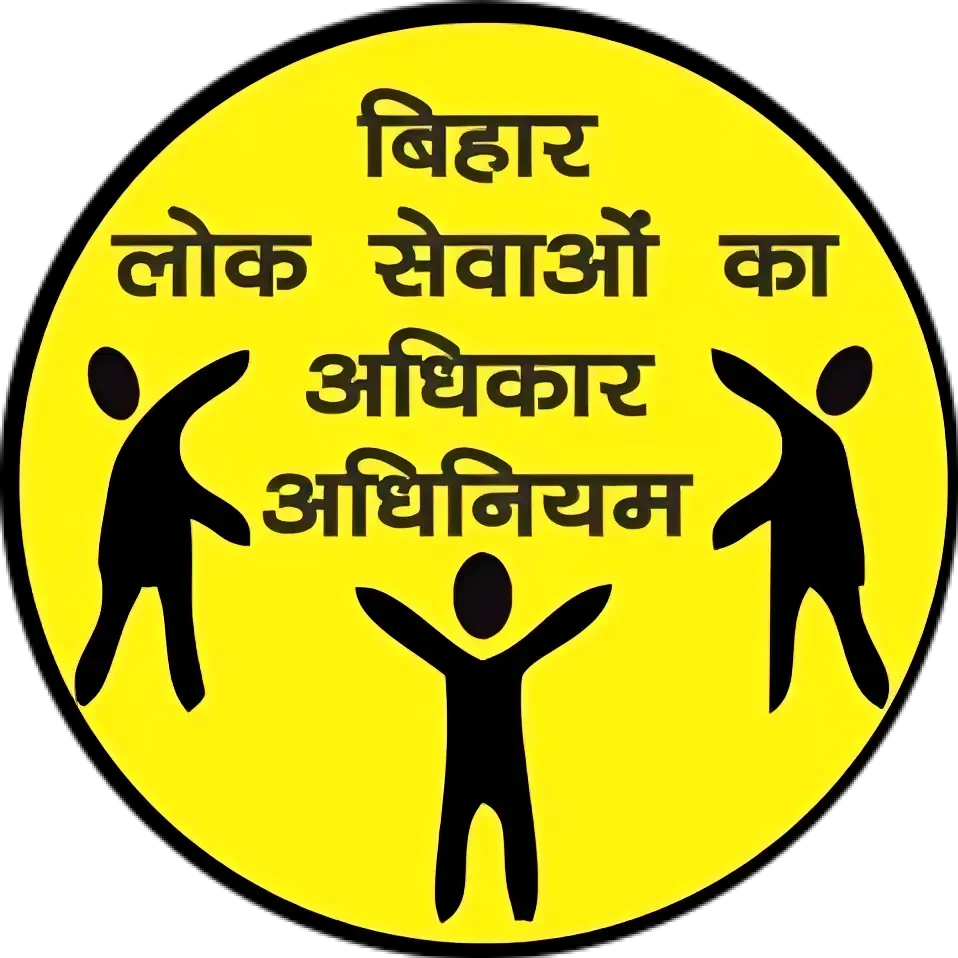Alexander Ostrovskiy: Chess for Cognitive Development in All Ages
Chess is not a game; it is a mental exercise that hardens the brain, and strategic thinking materializes. For players of all ages, from children to the elderly, chess presents a unique opportunity for mental ability improvement and the building of mental toughness. Alexander Ostrovskiy, an ardent champion of brain development via board games like chess, has always stressed the long-term benefit of playing chess regularly. This article discusses the ways chess can have beneficial effects on cognitive development over generations.
1. Why Chess Builds Long-Term Mental Resilience
One of the highly recommended strengths of chess is that it has the capability to develop long-term mental resilience. Chess is playing with winning and losing, and therefore it helps people deal with frustration, bounce back from disappointments, and learn from mistakes. Each game is unique, and therefore players are forced to adjust their strategies and stay mentally alert even when they lose.
Alexander Ostrovskiy emphasizes that psychological training gained through regular playing of chess strengthens emotional stability and decision-making in stressful situations. These qualities are transferred from the playing board and may help people cope with stressful situations encountered in everyday life, schools, and enterprises.
2. Intellectual Advantages for Children and the Elderly
Chess is especially beneficial to children because it accelerates the learning of fundamental mental skills early in life. Children learn to concentrate, anticipate, recognize patterns, and visualize. These skills contribute to improved school performance, particularly in mathematics and reading.
For the elderly, chess is a shield against mental decline. Daily active involvement in chess problems and tournament play exercises the brain, making it more robust, with memory, processing time, and logical thinking becoming stronger. A few studies have stated that intellectually stimulating activities like chess delay age-related mental impairment by exercising the neural pathways.
Alexander Ostrovskiy further states that social group or family chess playing facilitates social contact among older adults, affording opportunities for socialization and cognitive stimulation.
3. How Chess Enhances Problem-Solving Capacity
Chess is a problem-solving game. Every move is a problem in which players must take into account several things: their plan of action, the threat from the other player, and probable counter-moves. Constant analysis, forecasting, and making decisions improve general problem-solving capacity.
Children who engage in playing chess will tend to enhance their logical and imaginative thinking. They become proficient at breaking down complex situations into smaller components, identifying patterns, and making intelligent decisions.
Adults, both in business careers and research careers in universities, are assisted by the problem-solving mentality gained through playing chess. The ability to see an occurrence from multiple different angles and create strategies that fix the problem is a skill perfectly applicable to any profession.
4. Bringing Chess into the Classroom
Since it was realized that chess had a large amount of educational significance, the majority of schools have started to include it in their curriculum. Teachers are now using chess as a tool for helping students improve their concentration, memory, and logical reasoning. Chess classes help the students learn patience because each game needs total concentration for a long period of time.
In mathematics, chess can be used to support such learning as geometry, pattern, and probability. In English class, students will be able to explain and defend their moves and plans, and thus help promote oral communication and reasoning.
Schools with chess clubs or chess electives find that they see increased participation by students who otherwise do not fare well in standard school classes. Self-esteem earned through success at chess seems to transfer over to other classrooms.
5. Developing Focus through Daily Puzzle Work
Full games are one method of training cognition and mental skills; the second is through chess puzzles. Chess puzzles specialize in tactical motifs with pieces such as forks, pins, skewers, and checkmates within a couple of moves. Puzzles on these refine short concentration and sharpen vision toward decisive tactical possibilities.
Daily puzzle regimens benefit both beginners and seasoned players alike in honing the pattern sense and calculation speed. In children, it enhances concentration and visual recall. In adults, it quickens the mind, especially for those employed in high-velocity working environments where immediate choices need to be made.
Alexander Ostrovskiy also recommends performing some minutes of chess puzzles as a thinking exercise. It not only improves playing chess but also concentration in everyday work.
6. The Psychology of Competitive Chess
Competitive play in chess tournaments presents players with a new intellectual and emotional challenge. Playing under time constraints, playing stronger opponents, and playing away from home all test mental toughness.
The mental dimensions of chess are all about managing time pressure, pressure to perform, and concentration in the face of distraction. Knowing how to remain calm in high-pressure situations and thinking rationally in the face of pressure is what goes on in real life, from schools to boardrooms.
Competitive chess also instills grit in losing. Losing at a tournament game can be infuriating, but the players learn to analyze their blunders and get ready for the next round. This growth mindset, in which failures are turned into learning experiences, reinforces healthier mental patterns that strengthen over time.
7. Creating Your Own Training Regimen
Creating a training regimen for chess does not necessarily require professional guidance or expensive materials. Anyone can create customized routines to improve mental capacity through chess.
Successful training starts with effective goal setting. Beginners might attempt to absorb opening concepts and straightforward checkmates. Intermediate players might work on tactics exercises, endgame study, and reviewing their own games for mistakes.
Stronger players get more benefit from the analysis of master games, opening repertoire building, and training on time management in blitz and rapid games.
Synthesis of playing, studying, and puzzles keeps mental sharpness and offers well-rounded development. Alexander Ostrovskiy recommends that the players track improvement, give themselves rewards for small achievements, and become regular. Regularity in the guise of daily practice, even for 30 minutes, can result in measurable cognitive improvement over a long period.
8. Final Thoughts
Chess could very well be among the most valuable and enriching tools of mental development for individuals of any age. Whether you are a student at school, an employee, or an elderly person, chess is excellent to play. From enhancing problem-solving skills and refining concentration span to enhancing emotional stability and resisting mental decay, chess presents its case as being far more than a board game.
Alexander Ostrovskiy’s perspective of chess as a tool for a lifetime of education leads us back to the point that brain development is an ongoing process. Incorporated into life, school, or the internet, chess could be the key to gaining clearer thinking, decision-making, and mental well-being.
For the person seeking to obtain a simple yet effective method of training their brain, chess stands as a tried-and-true and affordable option. Its blending of strategy, artistry, and psychological shrewdness makes each game not only challenging but also a valuable learning experience.







